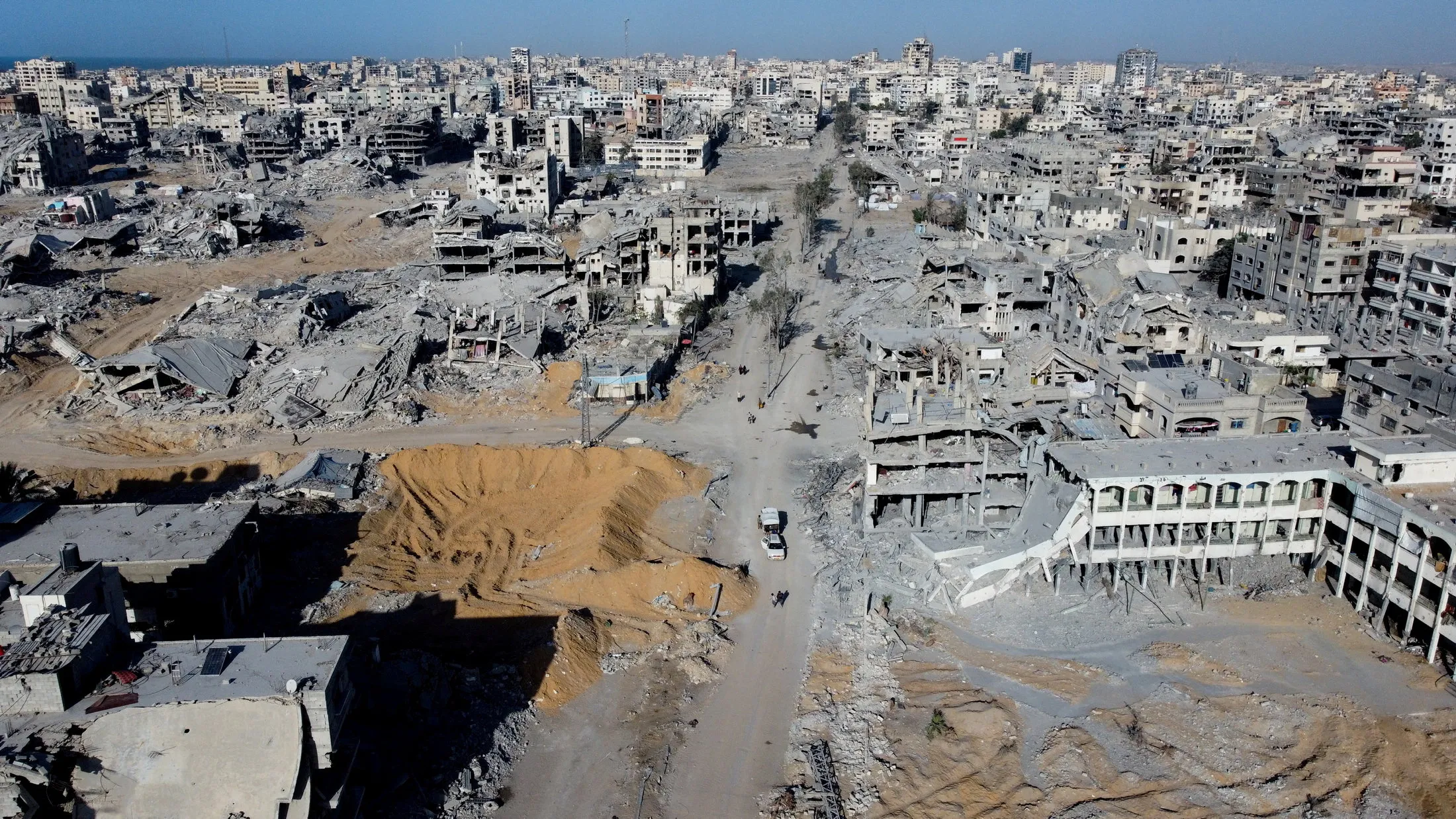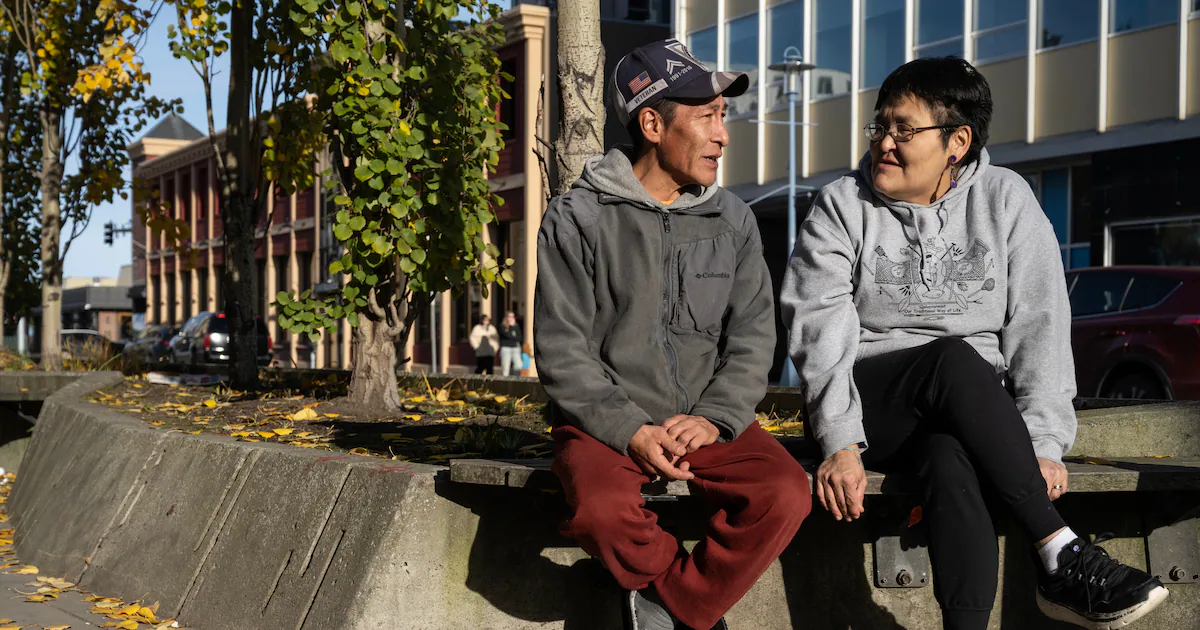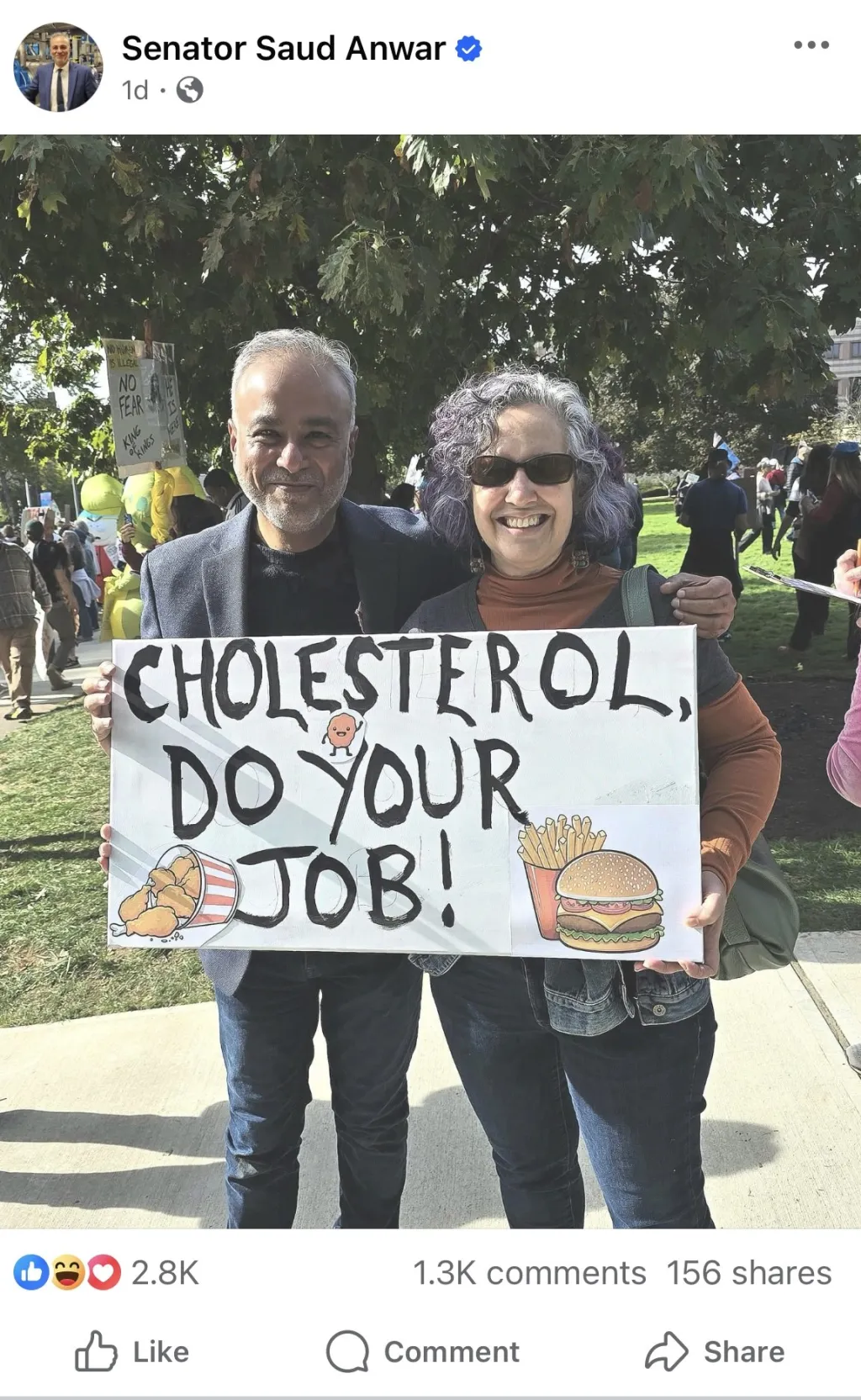Copyright news18

In an unprecedented approach to poverty, Switzerland, Europe’s most prosperous nation, has effectively eradicated homelessness and extreme poverty. Viral posts and videos on social media reveal that the minimum wage in Switzerland stands at an impressive 4,000 Euros (Rs 4,07,856) per month, while unemployment benefits amount to 80% of the last salary earned. Additionally, even a minor infraction such as discarding a cigarette butt on the street can incur a fine of 300 Euros (Rs 30,589). Switzerland’s model is not just a dream but a testament to its disciplined and well-structured system, which has been evolving since the 19th century. The country boasts a robust social security net that ensures no one sleeps on the streets. The Federal Housing Policy guarantees that if someone loses their home, the government provides new housing. Presently, 60% of the population benefits from subsidised apartments. Healthcare services are nearly free, and unemployed individuals receive up to 80% of their previous salary along with free career retraining programmes. The Swiss Federal Statistical Office reports that the country’s poverty rate is a mere 6.6%, indicating relative poverty rather than absolute deprivation, as no one goes to bed hungry. The ‘Clean Switzerland’ campaign, which has been active since the 1980s, imposes fines of up to 10,000 francs (about 10,500 Euros) for littering, and 250-300 francs for discarding cigarette butts. This initiative has resulted in minimal per capita waste production and a recycling rate exceeding 50%, as per the Ministry of Environment. In terms of safety, Switzerland ranks among the top 10 safest countries according to the UN Crime Index. The crime rate is so low that only 10% of police officers carry guns, and only in special situations. Similarly, in Singapore, begging is illegal under the ‘Destitute Persons Act’, with penalties of up to 3,000 Singapore dollars (about 1,800 Euros) or jail time. The poverty rate in Singapore is also below 10%, with the government providing housing to 80% of the population through HDB flats. Although there is no national minimum wage, the Progressive Wage Model ensures that low-skill jobs earn at least 1,300 Singapore dollars per month. Singapore’s ‘tough love’ policy, which includes a ban on chewing gum, is indicative of its strict approach to maintaining discipline. With a GDP per capita of 92,000 USD, Singapore boasts one of the strongest economies globally. Education is free, and university tuition fees are minimal, although the wealthy face a tax rate of up to 40%.



